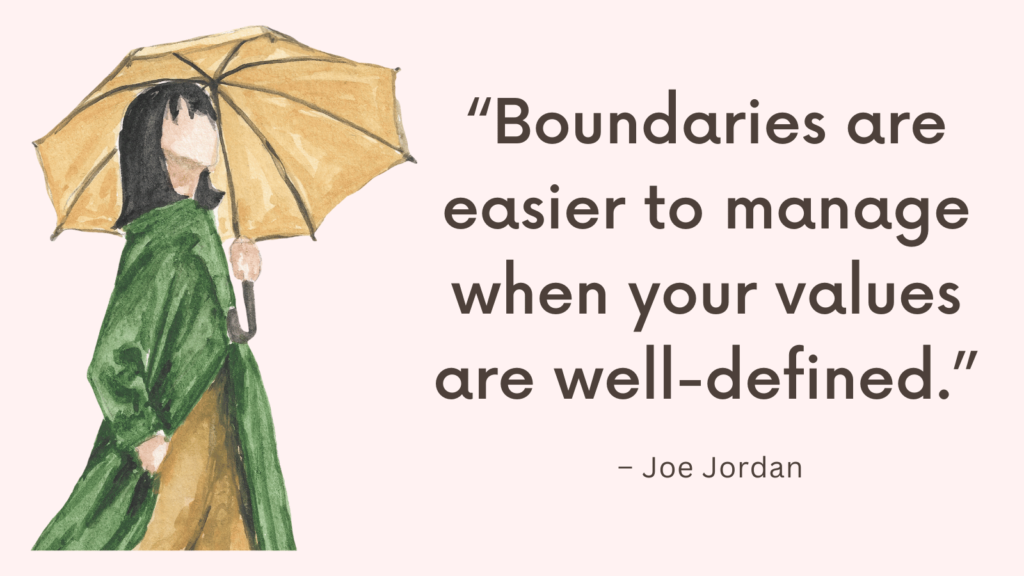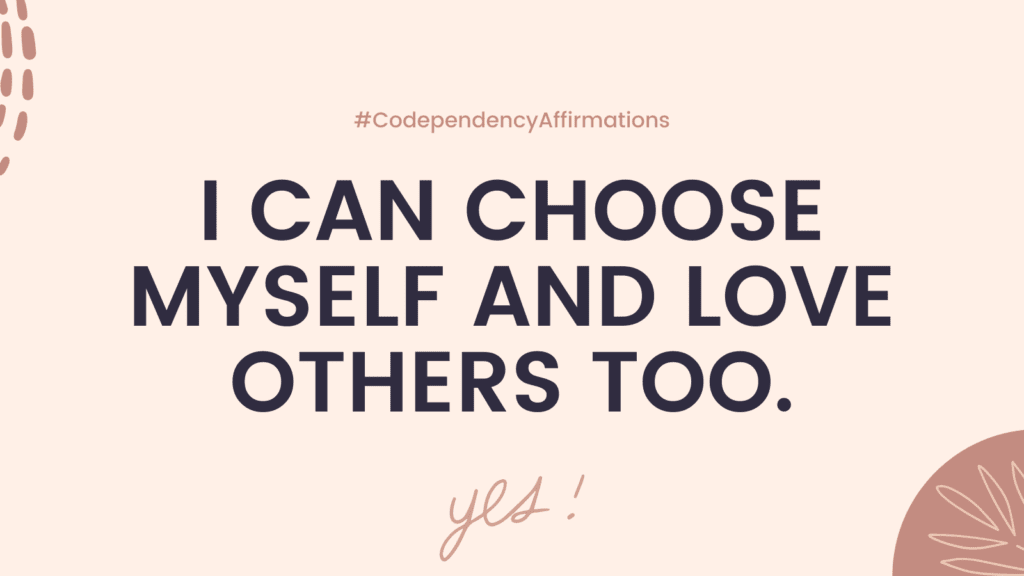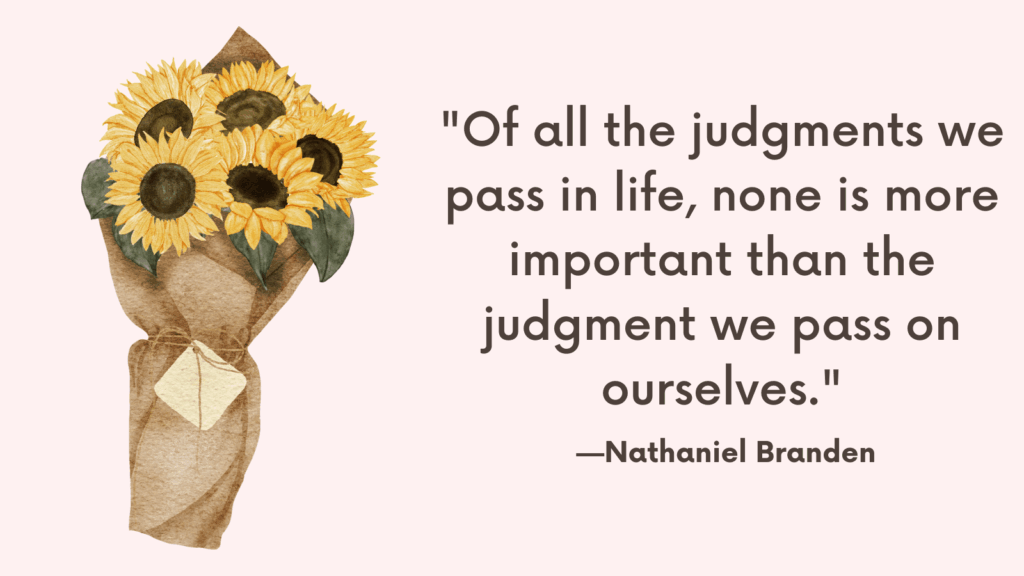This post contains signs of enmeshed friendship as well as helpful tips to overcome it.
What Is an Enmeshed Friendship?
An Enmeshed friendship, also known as codependent friendship, is a type of relationship characterized by blurred boundaries, lack of individual identity, and excessive emotional reliance on one another.
In an enmeshed friendship, the friends become deeply intertwined in each other’s lives to the point where it becomes challenging to differentiate between their own thoughts, feelings, and identities.
Enmeshment often leads to a loss of personal autonomy and independence as the individuals rely heavily on each other for emotional support, decision-making, and validation.
It is important to note that while friendships often involve emotional support and mutual care, an enmeshed friendship goes beyond healthy interdependence and becomes an unhealthy codependent dynamic.
Enmeshment can negatively impact both friends’ psychological well-being, as it restricts personal growth, autonomy, and the ability to form other meaningful relationships.
Related: Codependency And Enmeshment: 9 Signs You May Be In An Enmeshed Relationship
Top 10 Signs of Enmeshed Friendship
Enmeshed friendships can be emotionally draining and detrimental to one’s well-being.
Recognizing the signs of enmeshment is an important step towards establishing healthier boundaries.
Here are ten common signs of an enmeshed friendship:
1. Lack of individual identity
Enmeshed friendships often involve a blurring of personal boundaries, making it difficult to distinguish where one friend ends and the other begins.
Individual identities may become fused, leading to a sense of dependency on each other.
2. Excessive time spent together
Enmeshed friends often spend an excessive amount of time together, sometimes to the exclusion of other relationships or interests.
They may rely heavily on each other for emotional support and struggle to engage in independent activities.
3. Difficulty making decisions independently
Enmeshed friendships can lead to difficulties in making decisions without consulting the other person.
This reliance on the other friend’s opinion may result in a loss of autonomy and decision-making skills.
Related: Top 10 Enmeshment Trauma Examples
4. Emotional intensity and volatility
Enmeshed friendships can be characterized by intense emotional dynamics.
Friends may experience extreme highs and lows, becoming overly involved in each other’s emotions and struggling to manage their own feelings independently.
5. Lack of personal boundaries
In enmeshed friendships, personal boundaries can become blurred or non-existent.
Friends may feel entitled to invade each other’s personal space, belongings, or private thoughts.
They may have difficulty respecting each other’s boundaries and personal autonomy.
Related: Mother-Son Enmeshment Signs & How To Overcome It
6. Neglecting personal needs and interests
Friends in enmeshed relationships often prioritize the needs and wants of the other person above their own.
They may neglect their own interests, hobbies, and self-care activities in order to accommodate the other person’s desires.
7. Fear of conflict or disagreement
Enmeshed friendships often involve a fear of conflict or disagreement.
Friends may avoid expressing their true opinions or feelings for fear of upsetting the other person.
This avoidance can lead to a lack of honest communication and unresolved issues.
Related: Caregiving vs Caretaking (The Savior Complex)
8. Over-involvement in each other’s problems
Friends in enmeshed relationships may excessively involve themselves in each other’s problems, often trying to fix or rescue the other person.
This can lead to a lack of personal responsibility and hinder the development of problem-solving skills.
9. Difficulty setting boundaries
Individuals in enmeshed friendships may struggle to set and enforce healthy boundaries with their friend.
They may feel guilty or anxious at the thought of asserting their own needs, leading to a continued cycle of codependency.
10. Emotional exhaustion and dependency
Enmeshed friendships can be emotionally exhausting, with friends relying heavily on each other for emotional support and validation.
This dependency can create an imbalanced dynamic, where one friend constantly plays the role of the caretaker or rescuer.
Recognizing these signs of enmeshed friendships is the first step towards establishing healthier boundaries and promoting individual growth and well-being.
Remember, it is important to prioritize your own needs and boundaries while fostering healthy connections with others.
Related: Best 10 Overcoming Codependency Exercises

How to Deal with Enmeshment In a Friendship?
Dealing with enmeshment in a friendship can be challenging, but it is essential for fostering individual growth, autonomy, and emotional well-being.
1. Self-Reflection and Awareness
Take time for self-reflection to gain clarity on your own needs, desires, and emotions.
Understand what aspects of your friendship might contribute to the enmeshment and how it affects your well-being.
Increased self-awareness allows you to recognize unhealthy patterns and make positive changes.
You may find the following prompts helpful:
- Reflect on the signs of enmeshment that you have observed in your friendship. How have these signs affected your well-being and sense of self?
- Explore your own role in the enmeshment. What aspects of your behavior or mindset have contributed to the blurred boundaries?
- How does the enmeshment impact your ability to express your individual needs and desires within the friendship? Are there specific instances where you felt your boundaries were crossed?
- Consider the emotional dependencies that exist within the friendship. How does relying heavily on your friend for validation or support impact your sense of autonomy and self-esteem?
- Reflect on any challenges you face when it comes to setting and maintaining clear boundaries in the friendship. Are there specific fears or concerns that prevent you from asserting your needs?
- Examine how enmeshment has influenced your personal identity. Do you feel a loss of self within the friendship? How does this impact your overall happiness and fulfillment?
- Consider any conflicts or disagreements that have arisen within the enmeshed friendship. How have these conflicts been handled, and do you feel they have been effectively resolved?
- Imagine a healthier version of the friendship, one with clear boundaries and individual autonomy. How would that look and feel? What steps can you take to move towards that vision?
2. Set and Communicate Clear Boundaries
Establishing clear boundaries is crucial in navigating enmeshment.
Communicate your boundaries openly and honestly with your friend, expressing your needs and expectations within the friendship.
This helps create a mutually respectful framework where both individuals’ boundaries are acknowledged.
Related: Top 10 Signs You’re Healing from Codependency
3. Practice Self-Care
Engage in activities that promote your physical, emotional, and mental well-being.
Prioritize self-care to ensure you are nurturing yourself as an individual, outside of the friendship.
This might include pursuing hobbies, setting aside alone time, or seeking support from other trusted individuals in your life.
4. Develop a Supportive Network
Cultivate a broader social network that includes other friends, family members, or mentors who can provide additional emotional support and guidance.
Building relationships beyond the enmeshed friendship is crucial in developing a sense of autonomy and diversifying your support system.
5. Strengthen Communication Skills
Develop effective communication skills to express your thoughts, feelings, and needs assertively and respectfully.
Clear and open communication helps in setting healthy boundaries and resolving conflicts in a constructive manner.
It is important to learn to address concerns and disagreements while still prioritizing the friendship.
Related: Top 25 Tips On How To Set Boundaries Without Being Controlling? (+FREE Worksheets PDF)
6. Foster Independence and Personal Growth
Encourage personal growth and independence by pursuing individual interests, goals, and aspirations.
This might involve exploring new hobbies, taking up new challenges, or engaging in personal development activities.
Developing a strong sense of self helps counteract enmeshment and promotes overall well-being.
Conclusion
Dealing with enmeshment in a friendship requires recognizing the signs, establishing clear boundaries, practicing self-care, and fostering personal growth.
While navigating such dynamics can be challenging, it is essential for individual well-being and the long-term health of the friendship.
With effort and commitment, it is possible to foster healthier, more balanced friendships based on mutual respect and individual autonomy.



